
Licorice is a plant found mostly in central Asia and in Southern Europe. This plant has a root that can grow as far as one meter into the ground, and this root is used to make candy, as well as for various medicinal purposes. Traditional Chinese medicine uses this root to cure many common ailments, and today it comes in various forms, from fresh root to tea, capsules, powder, tincture, and many herbal remedies list licorice as one of the main ingredients.
Licorice Root Remedies
One of the major health benefits of licorice root is its ability to improve the function of the immune system. Consumption of licorice root makes the immune system more strong in fighting off viral infections, which is why this remedy is recommended for flu season, common colds, herpes, cold sores, infectious warts and other viral infections.
The symptoms of common cold, like sore throat, fever and nasal congestion can be alleviated with licorice, and the same goes for other inflammatory conditions, like stomach flu. It is also very beneficial for the digestive tract.
By improving the immune system, licorice also contributes to the prevention of cancer.
Licorice can be very helpful for women, as it alleviates problems normally associated with PMS and menstrual cycle, like fatigue, ache, depression and cramps.
If consumed in form of tea, licorice root is very therapeutic and helps with stress and fatigue.
Licorice is also found to be beneficial for liver.
This herb is beneficial for the skin too, it helps with psoriasis, eczema and pigmentation problems.
Certain herbalists also use licorice to cure infertility.
Licorice Root Side Effects
Even though it has significant medicinal properties, licorice root can also cause negative side effects. As the saying goes, too much of anything cannot do good. Excessive consumption of licorice can have harmful effects on the overall health and lead to certain health problems, for example, it lowers the potassium levels in the body and increases the blood pressure.
One of the side effects of this herb is water retention and increased production of estrogen.
People who use diuretics or suffer from hyperthyroidism should avoid licorice, and the same goes for pregnant and breastfeeding women.
People who have problems with their eyes, like glaucoma, must consult a doctor before taking licorice root.
The general rules of moderation that apply for any herbal remedy should be observed with licorice root too. It is always good to consult a doctor or a herbalist before taking this herb as a supplement for any medical condition.






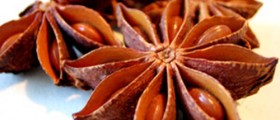
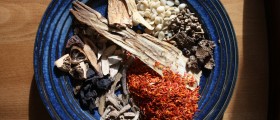
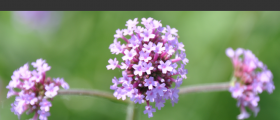




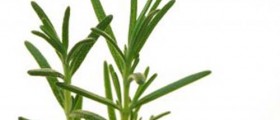


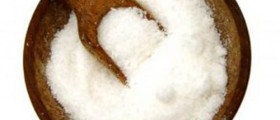
Your thoughts on this
Loading...